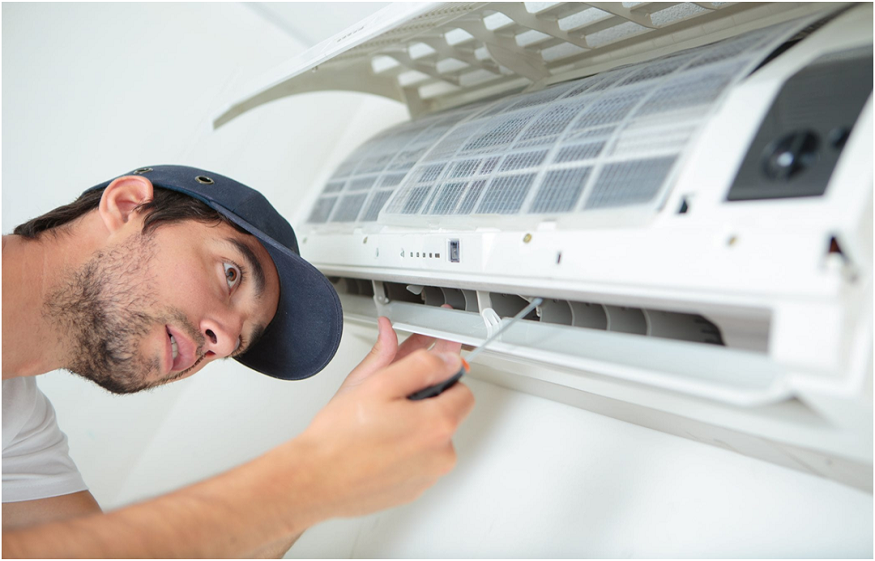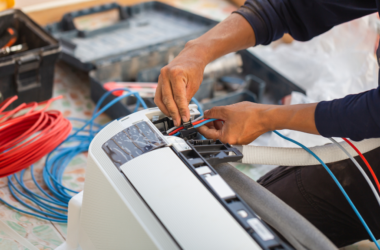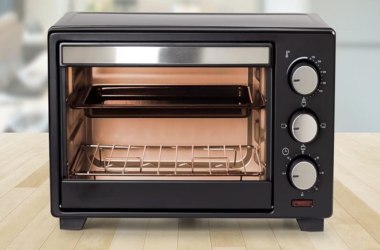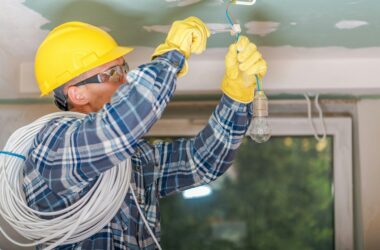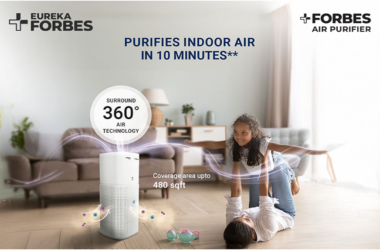AC or Air conditioning systems are important devices that make sure a pleasant indoor environment, especially during summer months, is achieved. But regular maintenance is very important to ensure optimal performance, longevity, and efficiency.
This thing not only enhances the unit’s overall functionality but also helps prevent expensive repairs, as well as promoting healthier air quality. We will not explore the importance of AC system servicing and outline important steps involved in the process.
Why does maintenance matter?
Improve performance
Regular AC unit servicing helps maintain peak performance levels, making sure efficient cooling, as well as temperature control throughout the user’s working and living space. A well-maintained unit is better equipped to handle extreme temps and deliver consistent air distribution.
Want to know more about how central cooling unit works? Click this site for more information.
Energy efficiency
Poorly or neglected maintained AC units tend to consume more energy. It can result in higher electricity bills. Keeping these devices clean, calibrated, and lubricated optimizes energy efficiency, minimizing energy consumption and lowering the carbon footprint.
Enhanced lifespan
Air conditioning systems that receive regular care tend to have a longer lifespan. When parts are properly cleaned, filters are replaced, and minor problems are addressed immediately, the wear and tear on the device is minimized. It means the user’s investment in the AC device will yield long-lasting benefits.
Preventive maintenance
Maintenance appointments and regular inspections can identify possible issues before they escalate into major problems. Detecting and addressing minor issues early on can save people from expensive repairs or even the need for a complete system overhaul.
Benefits of regular cooling unit servicing
Enhanced energy efficiency
One of the biggest benefits of regular AC maintenance has improved energy efficiency. Over time, debris, dirt, and dust can accumulate within the device, obstructing airflow and minimizing the efficiency of the cooling process. A well-maintained cooling device operates at its peak performance. It can result in lower energy consumption, as well as decreased electricity bills. By investing in routine maintenance, people can enjoy a more energy-efficient house while minimizing the user’s carbon footprint.
Visit https://mn.gov/commerce/energy/conserving-energy/cip/efficiency/ for details about energy consumption.
Prolonged lifespan
These units are significant investments, and it is in the user’s best interest to maximize their lifespan. Neglecting maintenance can lead to wear and tear on important parts, possibly resulting in costly repairs and breakdowns.
Regular servicing, like checking electrical connections, lubricating moving parts, and cleaning coils, make sure that the device operates smoothly, minimizing the likelihood of major malfunctions. By extending the life of the cooling system through regular maintenance, people can save a lot of money on premature replacements.
Improved air quality inside the property
Maintaining good indoor air quality is very important for people’s well-being and health. Over time, contaminants like pollen, dust, dirt, and debris can accumulate in these devices, which, when left unattended, can be circulated throughout the house.
Regular servicing includes removing debris and dirt from the system, disinfecting the device, and replacing filters. These measures help make sure cleaner air, minimizing the risk of respiratory issues, allergies, and other health problems associated with poor air quality.
Consistent cooling performance
Picture this: a hot summer day, and the AC suddenly fails to keep the house cool. AC unit breakdowns are not only inconvenient to property owners, but can also be stressful and uncomfortable, especially during extreme weather conditions.
Routine checkups significantly minimize the chances of sudden system failures. By identifying and resolving possible problems before they become major issues, people can enjoy reliable and consistent cooling performance throughout the hottest months of the year.
Cost savings
While some property owners may hesitate to invest in an AC maintenance because of the upfront cost, it is imperative to consider their long-term financial benefits. Regular servicing can help prevent small problems from escalating into expensive and significant repairs.
Additionally, a well-maintained system operates more efficiently, resulting in lower electricity bills. By prioritizing unit care, people not only save money on possible repairs but also enjoy ongoing savings on their energy expenses.
Steps involved in cooling system maintenance
Filter replacement or cleaning
The filter is an important component that prevents allergens, dirt, and dust from entering the device and circulating throughout the property. A clogged filter restricts airflow, reduces cooling efficiency, as well as strains the AC. Cleaning or replacing filters every one to three months are very important to maintain the quality of air and optimal air flow.
Coil cleaning
The condenser and evaporator coils can accumulate debris and dust over time, hindering the heat exchange process. Regular cleaning of evaporator and condenser coils promotes efficient cooling, as well as preventing strain on the unit. It is advisable to have professionals, clean these coils annually or as recommended by the AC manufacturer.

